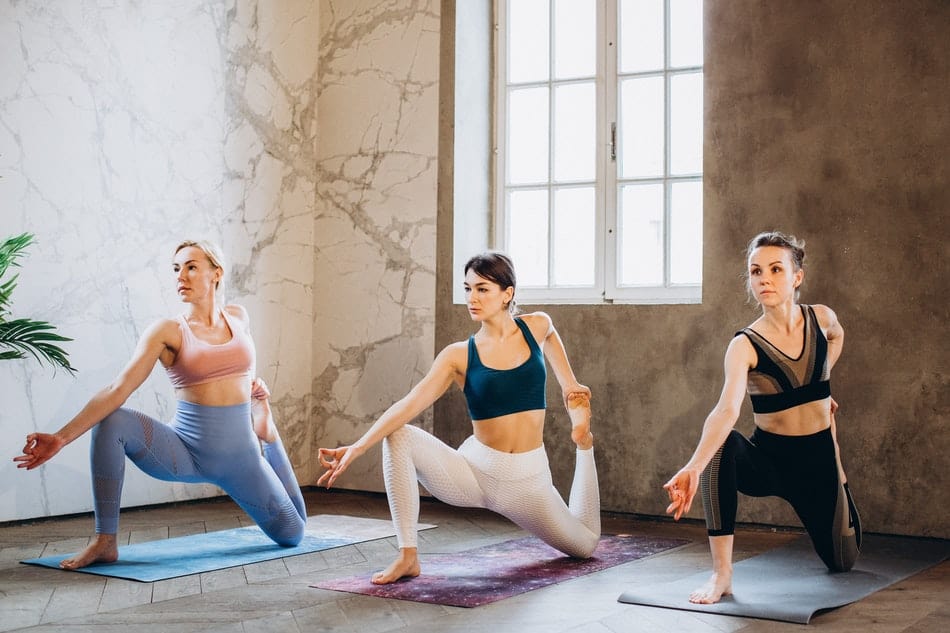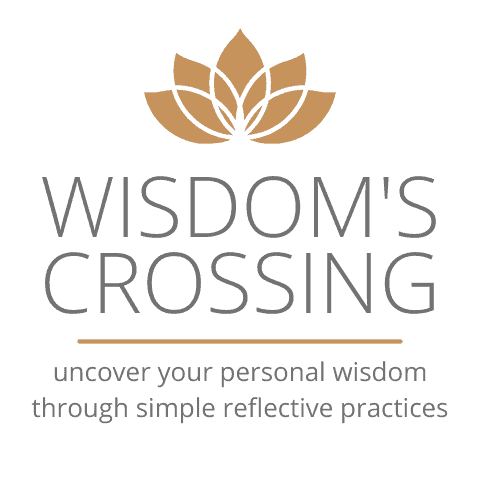How does relaxation help with meditation? There are many benefits to meditation, and relaxation is one of them. When you learn how to relax your body and mind, it becomes easier to meditate. In this article, I will discuss the relationship between relaxation and meditation, and how you can use both of these techniques to improve your life!
When you relax your body, it also relaxes your mind. This is why relaxation is an important part of meditation. When your mind is relaxed, it can focus more easily on the present moment and let go of thoughts about the past or future.
Why Is Relaxation Helpful?
Relaxation is the process of decreasing the tension in your muscles and your mind. It can be helpful to do relaxation exercises or activities daily, or as needed. Relaxation is a healthy way to manage stress and promote overall wellness.
There are many different ways to relax. Some people find that deep breathing exercises help them to relax, while others may prefer progressive muscle relaxation or guided imagery. Experiment with different techniques to find what works best for you. You may also want to try yoga, tai chi, or meditation.
Regular relaxation can help you to feel calmer and more relaxed in general. It can also improve your sleep, boost your mood, and reduce stress levels. If you’re looking for a way to reduce stress and improve your overall health, relaxation may be a good option for you.

How Does Meditation Relax The Body
Meditation is an effective way to relax the body. A study published in the journal Frontiers in Psychiatry found that meditation can help to reduce stress and improve overall well-being.
The study found that meditation can help to lower blood pressure, heart rate, and respiratory rate. Meditation can also help to increase levels of endorphins, which are hormones that are known to promote relaxation and feelings of happiness.
So how does meditation work to relax the body? It is thought that when we meditate, we can focus our attention on something other than the stressors in our life. This allows our body to enter a state of rest and repair, which can lead to reduced levels of stress and improved overall health.
If you’re interested in trying meditation to relax the body, there are several resources available to help you get started. There are many different types of meditation, so it’s important to find one that is right for you. Once you find a method that works well for you, stick with it and be patient – it can take some time to see the full benefits of meditation. But if you’re looking for a natural way to reduce stress and improve your health, meditation may be worth a try.
How To Meditate For Beginners
There are many different ways to meditate, but the basic premise is always the same: to focus and Quiet the mind.
- The first thing you need to do is find a comfortable place to sit or lie down. You don’t need to cross your legs or anything like that, just make sure you’re comfortable.
- Once you’re settled, close your eyes then take deep breaths.
- Try to focus on nothing but your breath as it enters and leaves your body. If your mind begins to wander, simply redirect your attention back to your breath. It’s normal for your mind to wander, especially at first, so don’t get discouraged.
- Just keep coming back to your breath each time it happens.

Meditation can be done anywhere and at any time, so don’t feel like you need to set aside a special time or place to do it. Even a few minutes of meditation can be beneficial, so start small and work your way up from there.
That’s all there is to it! Just remember to be patient and consistent with your practice, and soon you’ll be reaping the many benefits that meditation has to offer.
Should I Meditate Every Day?
The answer to this question is not as simple as a yes or no. While there are many benefits to meditating daily, it ultimately depends on what your goals are and how much time you can commit to practice. If you’re just starting, it’s perfectly fine to meditate a few times a week and gradually increase the frequency of your sessions. The important thing is that you find a meditation practice that works for you and stick with it.
If you’re looking to improve your mental well-being or achieve inner peace, then meditating every day may be beneficial. A daily meditation practice can help ground you and provide a sense of stability in an ever-changing world. It can also serve as a way to release pent-up emotions and connect with your true self. If you have the time and commitment to meditate daily, go for it!
But if you’re constantly on the go or find it difficult to sit still, then meditating every day may not be realistic. In this case, it’s important to be gentle with yourself and not force a practice that doesn’t work for you. Remember that there is no right or wrong way to meditate. The most important thing is that you find a method that resonates with you and sticks with it.
Which Meditation Form Is The Best?
There are many different types of meditation, and it can be hard to choose which one is right for you. If you’re new to meditation, it might be helpful to try a few different types to see what works best for you. Here are some of the most popular types of meditation:
Mindfulness Meditation
This type of meditation involves focusing your attention on the present moment, without judgment. You can focus on your breath, sensations in your body, or anything else that’s happening in the present moment.
Transcendental Meditation
This type of meditation involves repeating a mantra, word, or phrase, over and over again. The goal is to clear your mind of all other thoughts so that you can focus on the mantra.
Guided Meditation
This type of meditation involves following along with a guided audio track. The guide will usually take you through a relaxation exercise and then lead you into a visualization or imagery exercise.
Movement Meditation
This type of meditation can involve anything from walking to yoga to Tai Chi. The goal is to focus your attention on your body and the sensations you’re feeling as you move.
Final Words
The bottom line is that relaxation is essential for effective meditation. If you want to improve your meditation practice, make sure to incorporate some form of relaxation into your daily routine. Once you get used to meditating with a relaxed body and mind, you will be able to achieve a deeper level of meditation and reap all the benefits that come with it. Thanks for reading!
Related Articles

